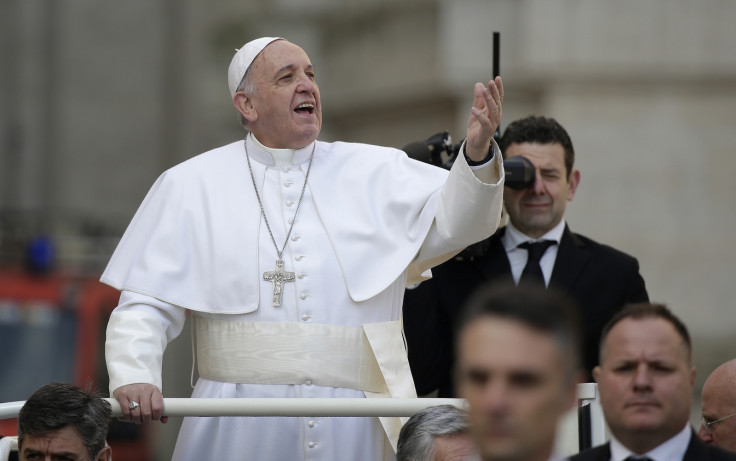Pope Francis lashes out at death penalty 'torture' quoting Dostoyevsky

Pope Francis said death penalty is unacceptable, quoting Dostoyevsky to urge world countries to abolish the practice he compared to torture.
The pontiff condemned sates still using capital punishment in a letter he handed to the president of the International Commission against the Death Penalty (ICDP), Federico Mayor, at the Vatican.
"Today, the death penalty is unacceptable however serious the crime committed," he wrote.
The Pope said capital sentences do not bring justice to the victim, fuelling hatred and revenge instead also making potential judicial errors impossible to repair.
"As wrote Dostoyevsky: 'To kill for murder is a punishment incomparably worse than the crime itself. Murder by legal sentence is immeasurably more terrible than murder by brigands," he said, quoting Russian literature masterpiece The Idiot.
Dostoyevsky was himself minutes away from death by firing squad, or so he thought, for his political beliefs. His execution was commuted to incarceration at a Siberian prison camp.
Pope Francis said capital sentences involve cruel, inhuman and degrading treatment, such as the psychological distress suffered by death row inmates in the period leading to their death.
The Pope wrote that the time between the sentencing and the execution is "a 'torture' in the name of due process, which usually lasts many years ... often leading to illness and madness."
He said capital punishment is the preferred means used by totalitarian regimes "for the extermination of political dissidents, minorities, and all those labelled as "dangerous" or a threat to power".
The pontiff, who had already spoken out against death and life sentences a few months ago, finally praised ICDP's work towards a universal moratorium on all executions.
According to Amnesty International, executions were carried out in 22 countries in 2013, with China leading for number of prisoners killed.
Earlier this month, the rights watchdog said that thanks to recently approved legislations by the parliaments of Suriname and Madagascar, the world was inching closer to reaching the "historic milestone of 100 death penalty free countries".
Always in March, a number of major US catholic publications signed a joint declaration urging their public to support the anti-death penalty campaign.
The statement followed controversy surrounding the case a Georgia woman, Kelly Gissendaner, whose execution was postponed at the last minute twice in a week, due to severe weather conditions and problems with the drug that was to be used to kill her.
Interestingly, a 2014 report found that despite the church's anti-capital punishment stance, 59% of white Catholics in the US approve the use of death penalty
© Copyright IBTimes 2025. All rights reserved.






















